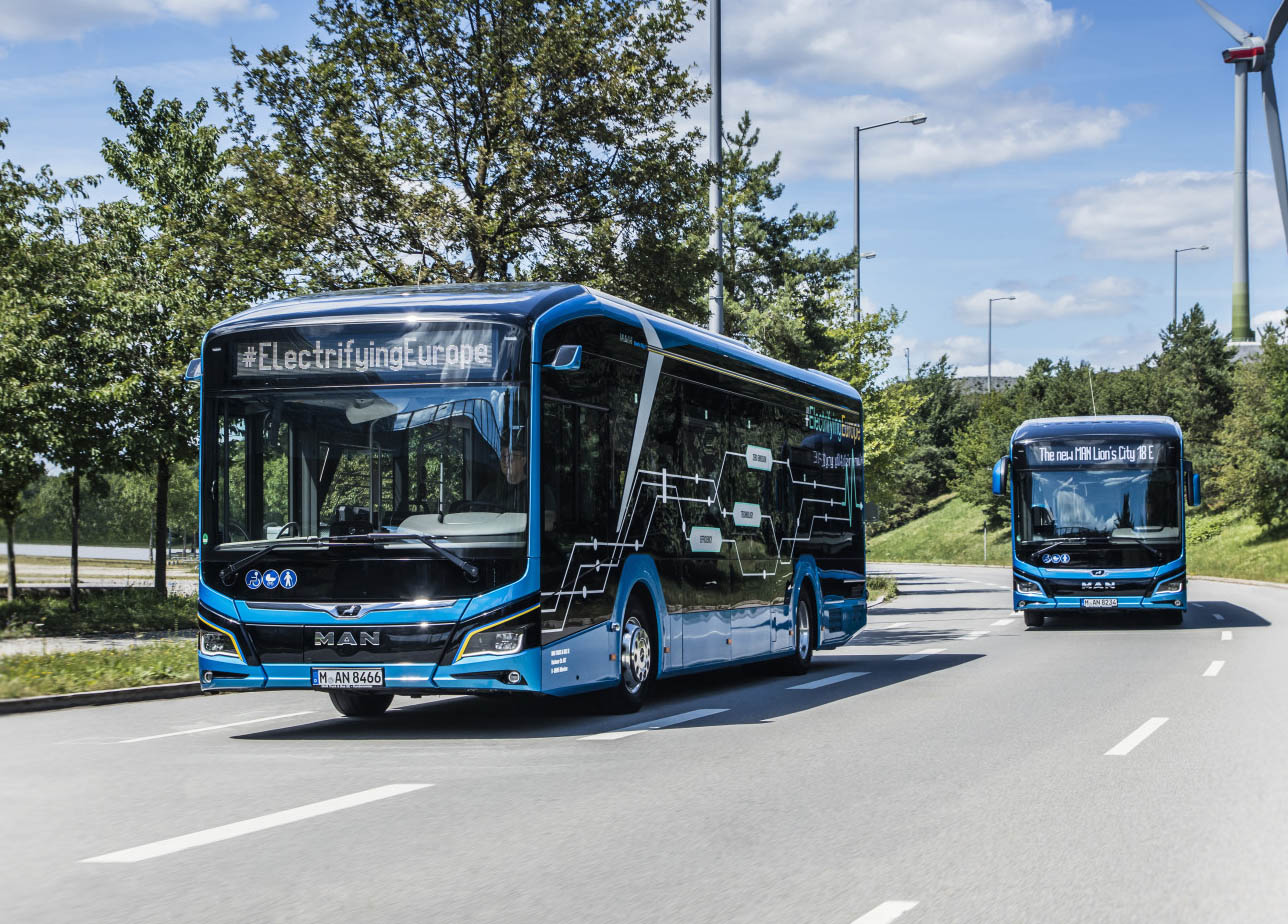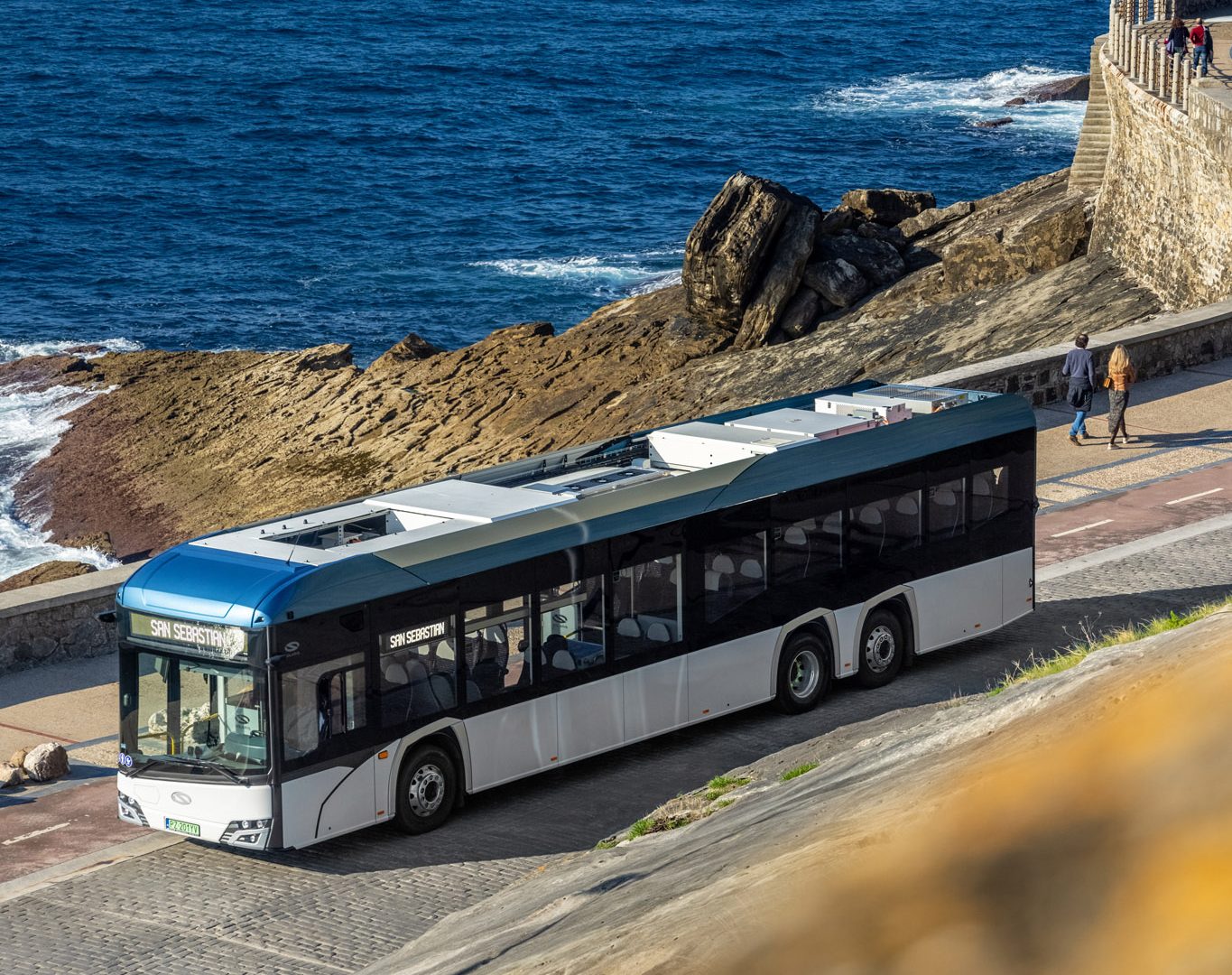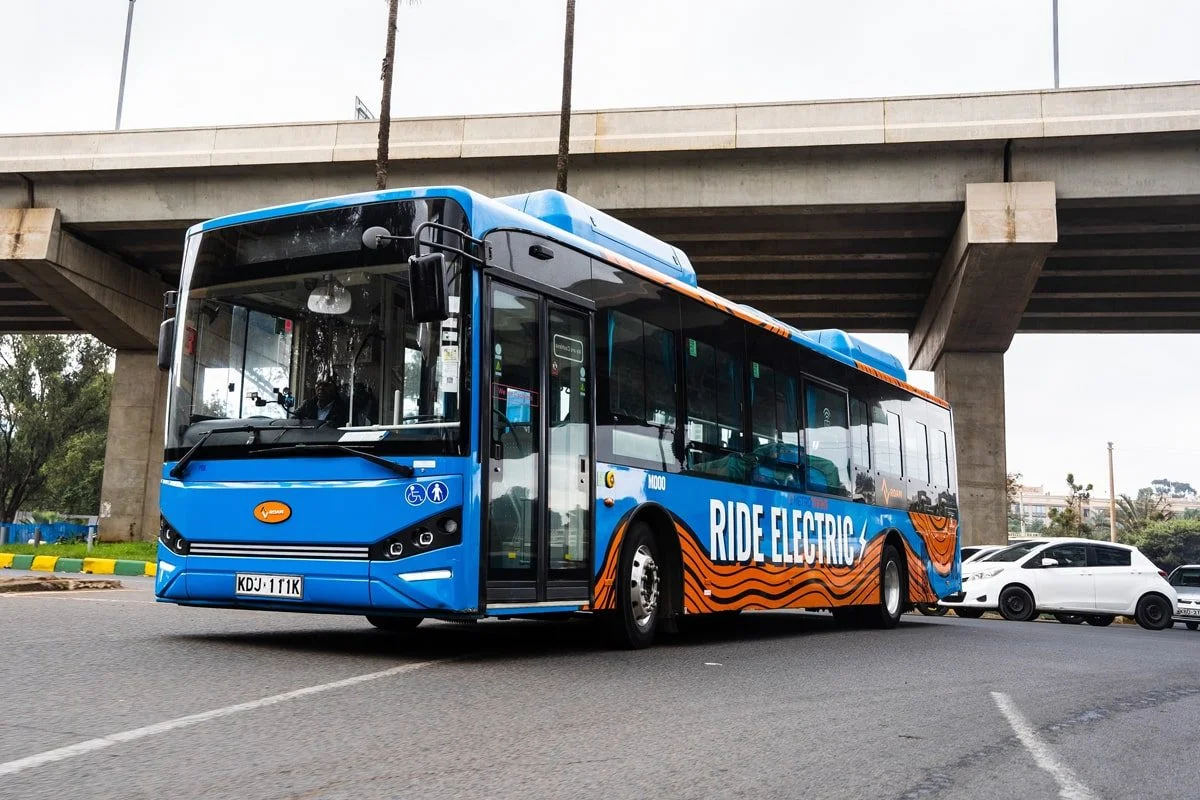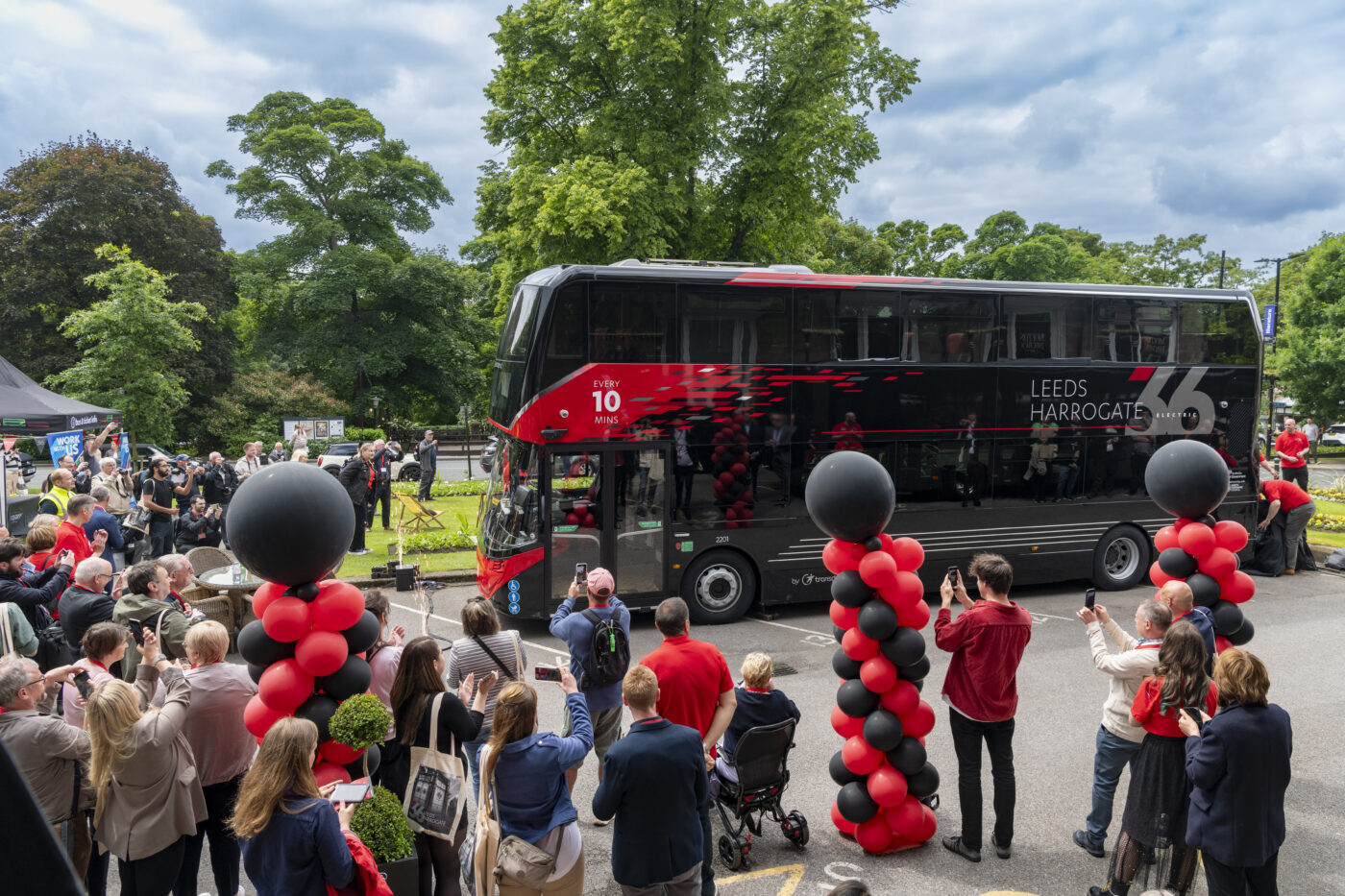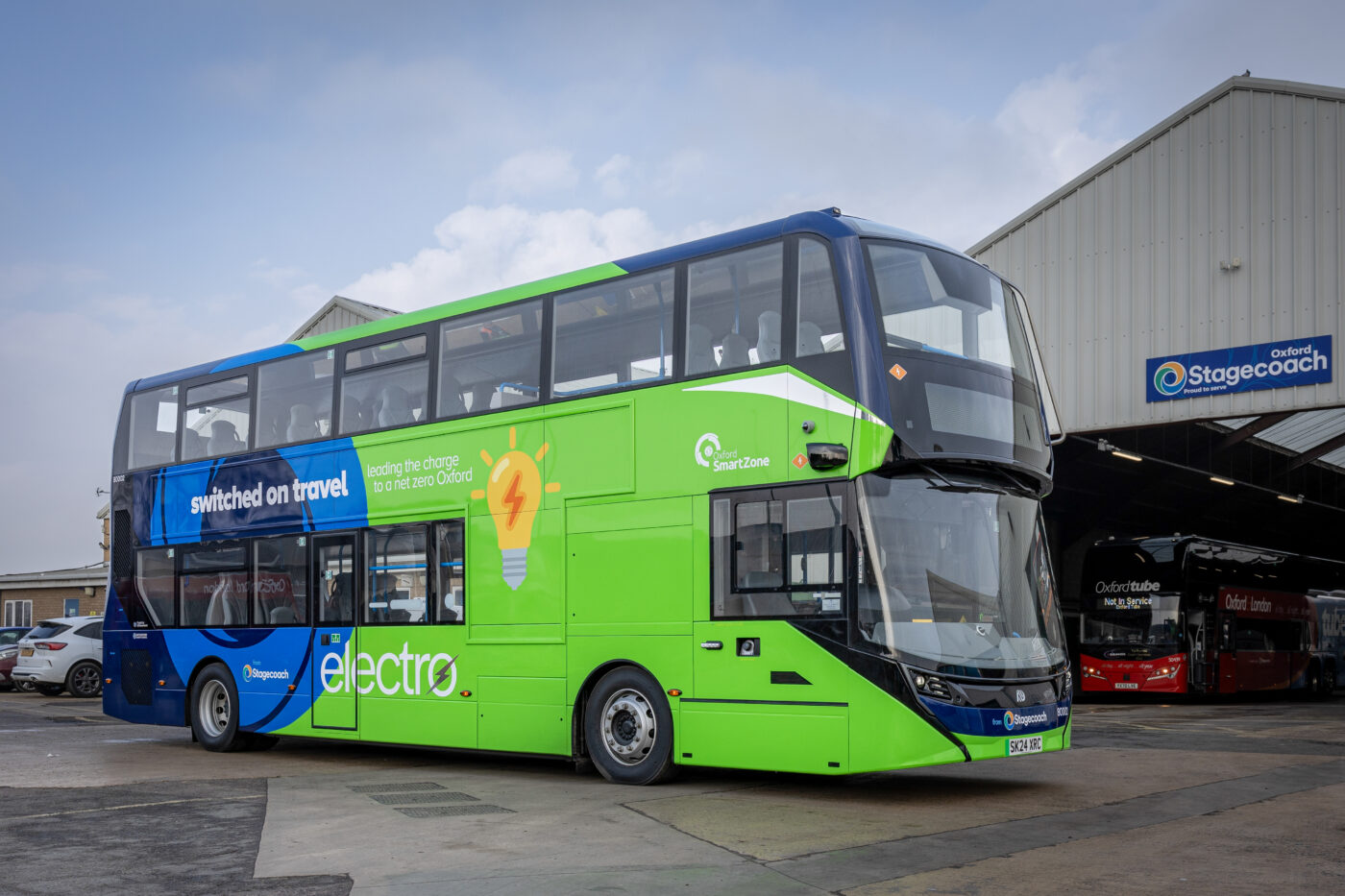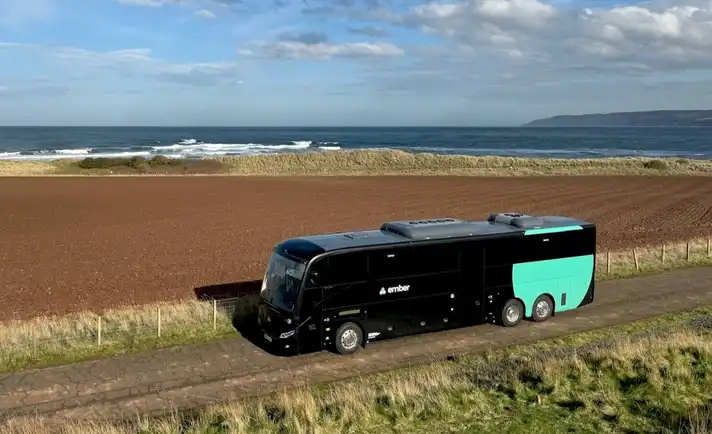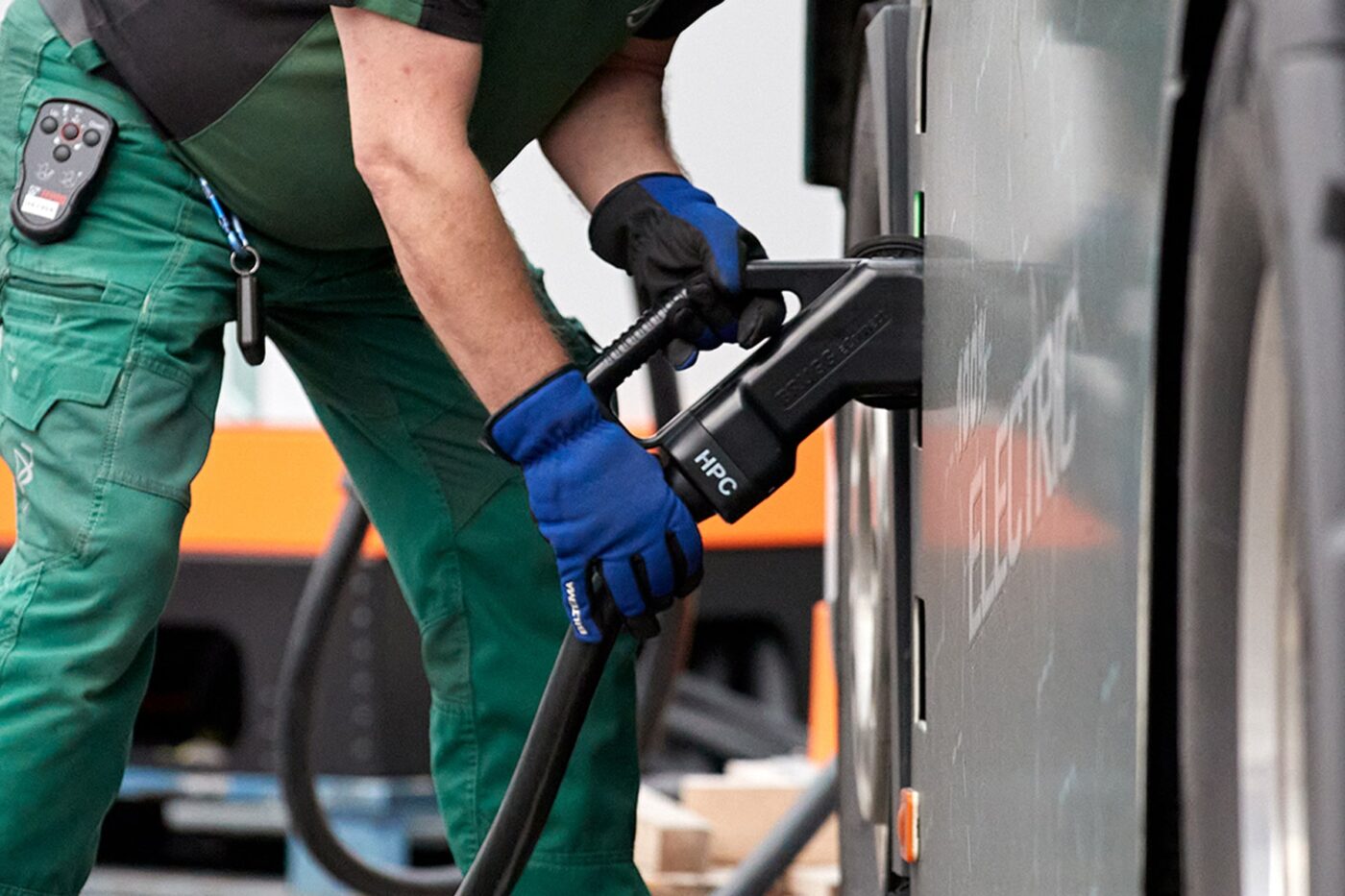MAN Truck & Bus is set to introduce a battery electric vehicle (BEV) version of its Lion’s Coach model, with production slated to commence at the Ankara factory next year. Barbaros Oktay, Head of Bus at MAN since 2023, revealed this development in an interview with the Sustainable Bus portal, hinting at further model expansions in the future.
The Lion’s Coach BEV is expected to support charging up to 375 kW via a CCS plug. However, Oktay did not disclose details regarding the battery specifications or the range of the coach during the interview.
Currently, the combustion model of the Lion’s Coach employs a diesel engine with a power output of up to 382 kW and can accommodate up to 61 passengers. The vehicle comes in various configurations, ranging from 12.1 to 13.9 meters in length, with two or three axles. While the shortest version can seat a maximum of 53 passengers and hold 11.7 cubic meters of luggage, the three-axle MAN Lion’s Coach L offers 61 seats. It remains unclear whether these options will be available for the BEV version initially, or if MAN will electrify only one body variant.
Oktay stated that MAN’s bus division is “fully focused on BEV technology,” though trials with hydrogen-powered combustion engines are also underway in the truck division. He emphasized the strategic importance of BEV technology, citing studies indicating that it allows customers to utilize 75% of the energy, compared to just 25% for hydrogen vehicles, leading to a significant impact on Total Cost of Ownership (TCO).
Looking beyond, MAN plans to introduce an electric high-floor intercity bus to the market in 2026 or 2027. Oktay underscored MAN’s commitment to going fully electric in the city and intercity segment, foregoing investments to meet the Euro 7 standard for buses while ensuring compliance for coaches. Consequently, the Ankara plant will continue to produce buses with combustion engines, alongside the main production facility in Poland.
MAN aims to produce up to 12 units per day at its Polish plant in Starachowice and up to 3 units per day in Ankara next year, with a total capacity of up to 6,000 complete vehicles and 2,800 chassis per year.

